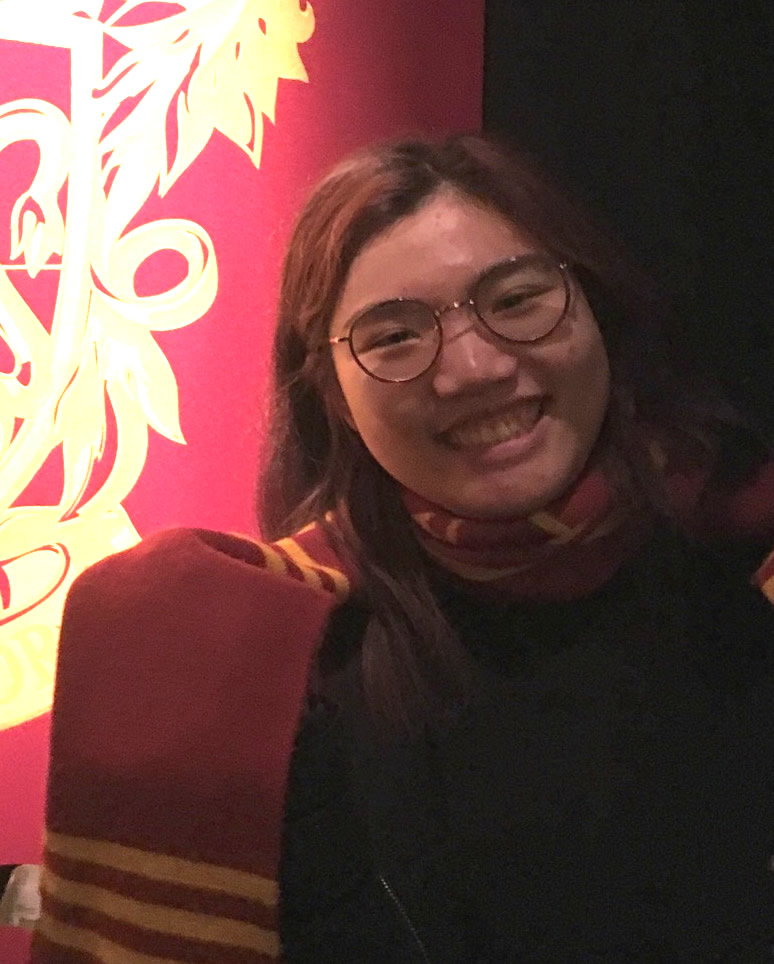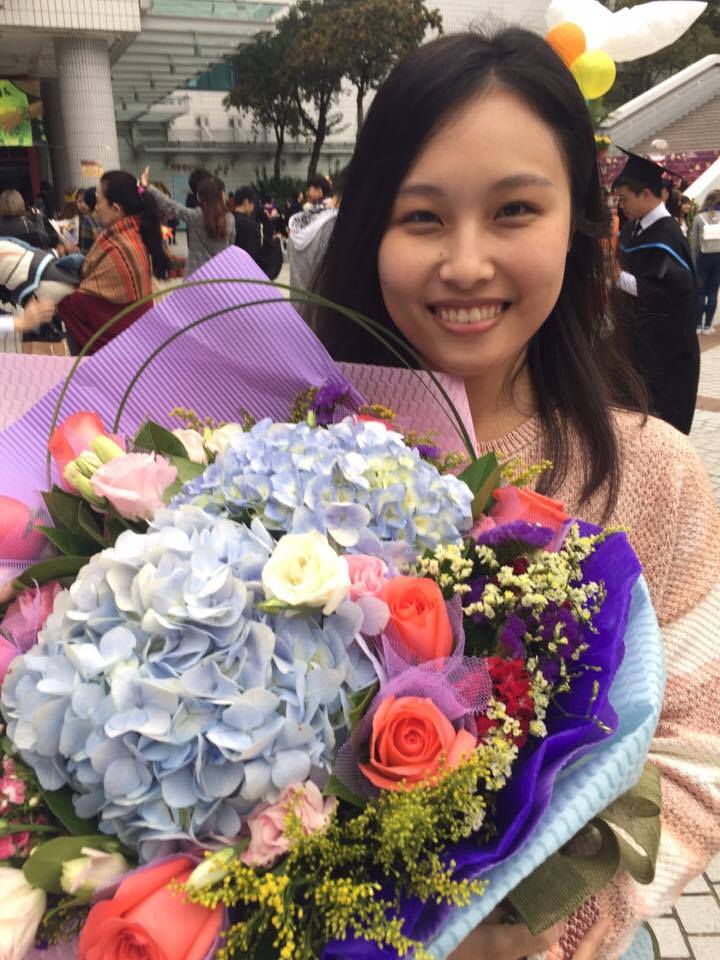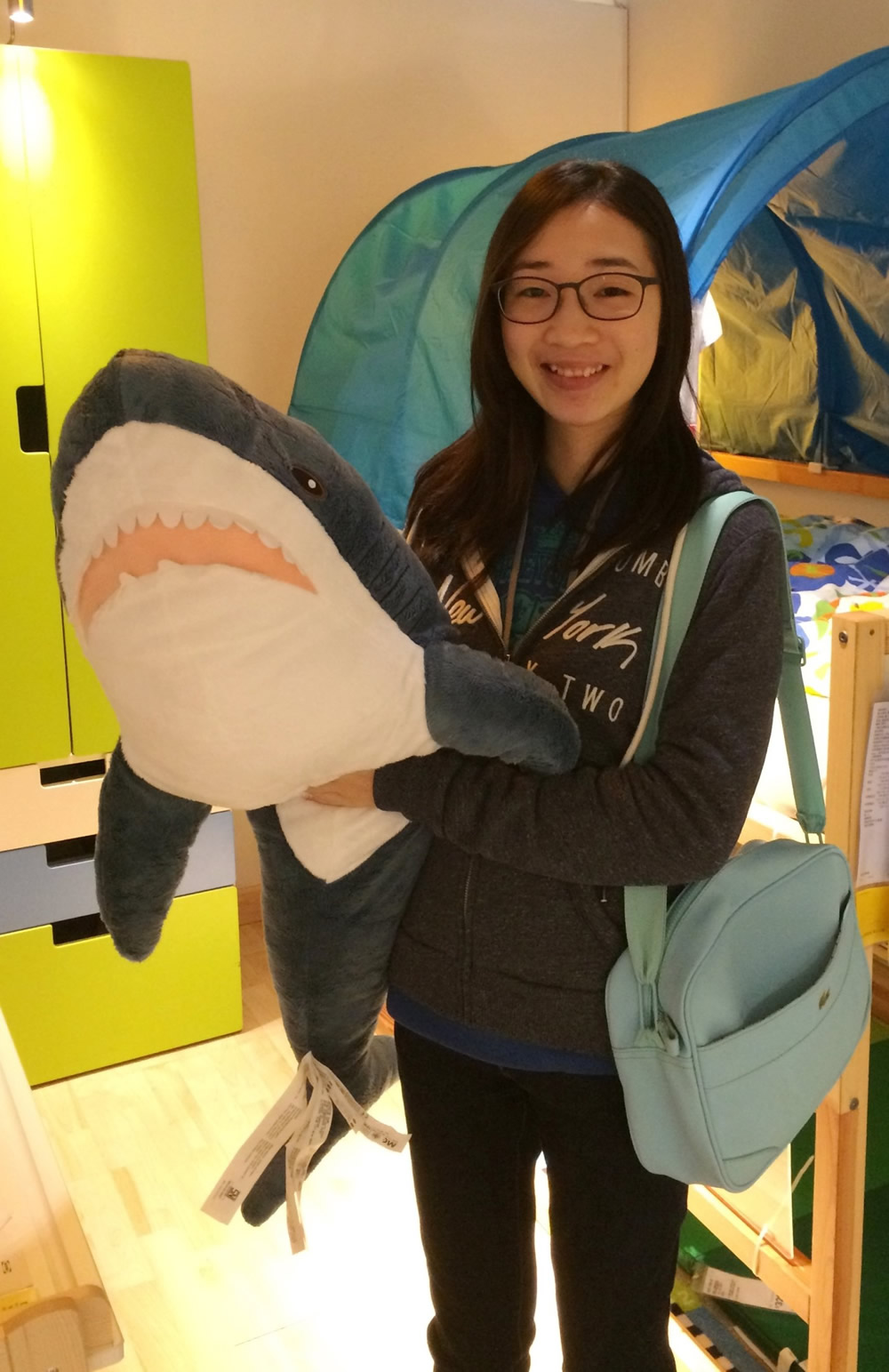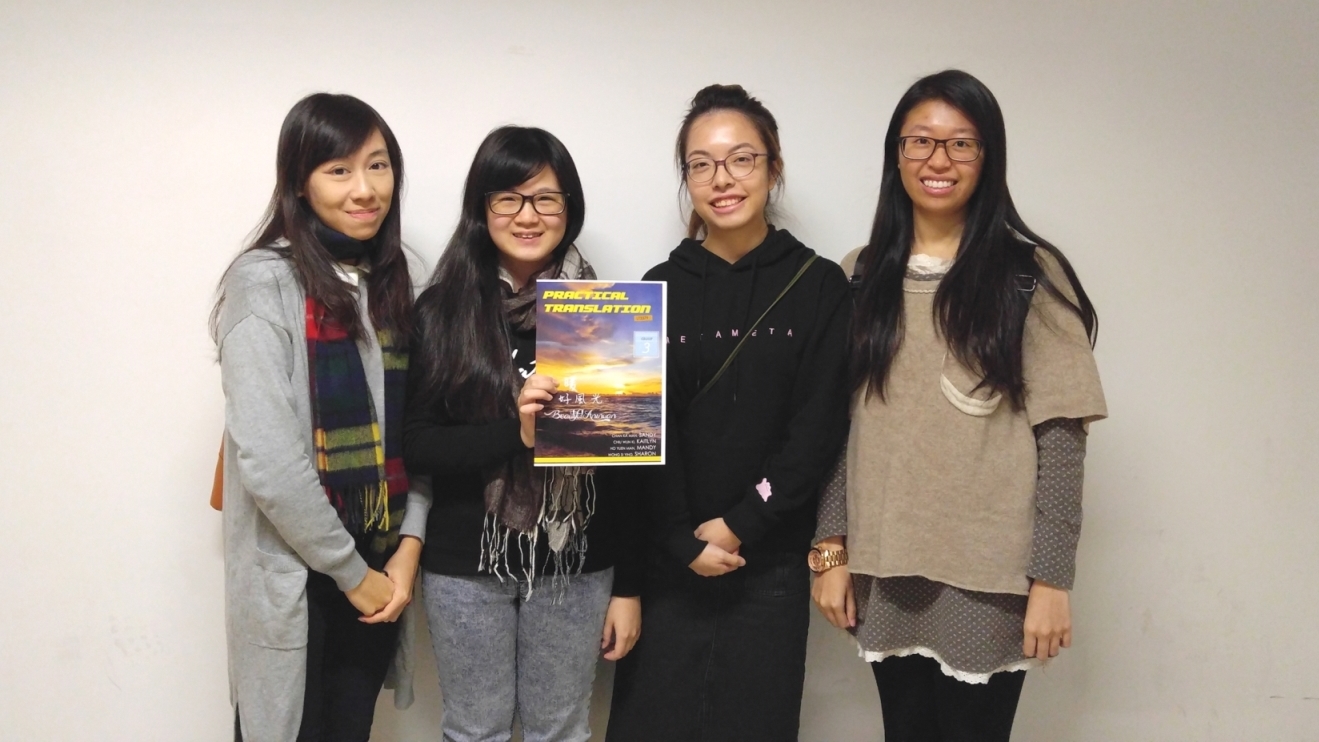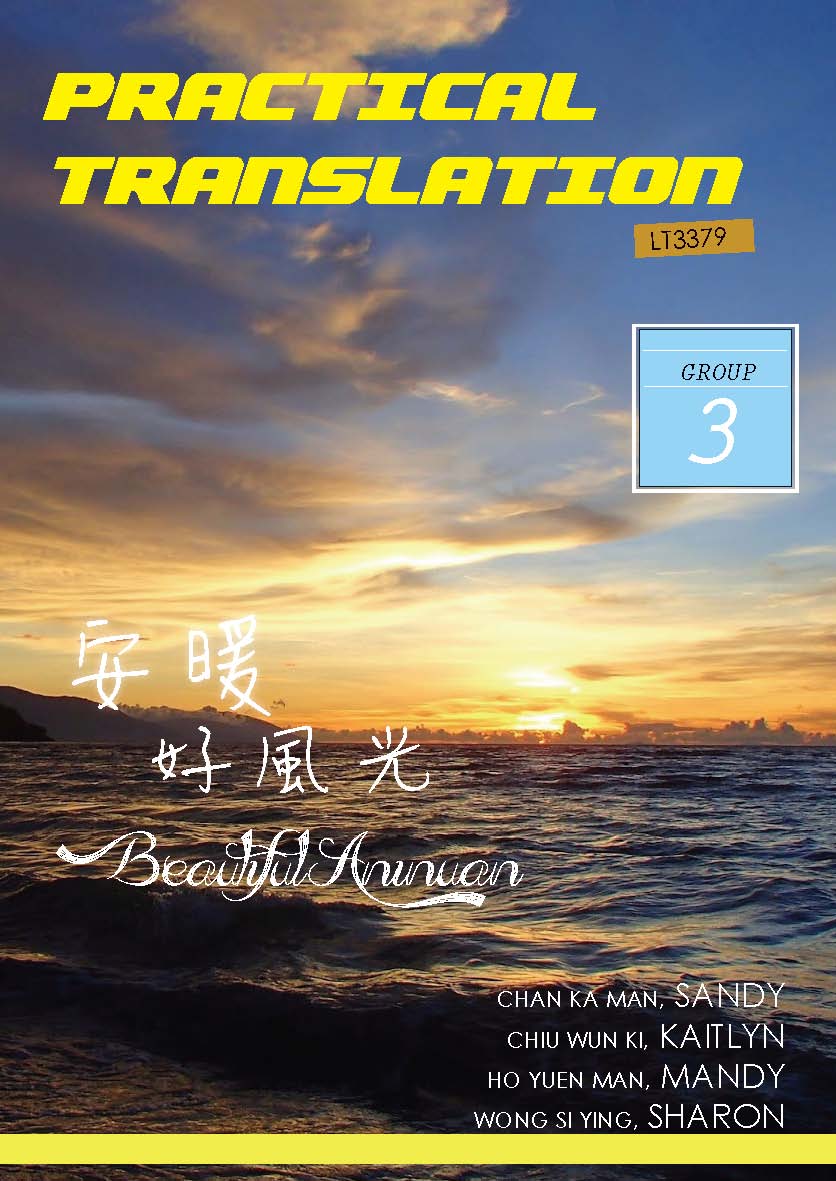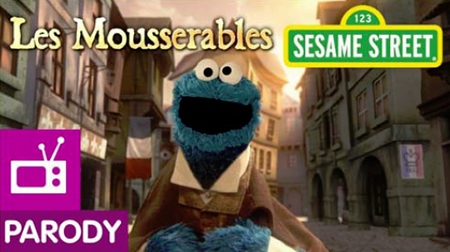LT2321 - Culture and Translation
2018-2019
Translating Cultural Specific Items in Traditional Chinese Folk Tale
| Student | Teacher |
|---|---|
|
CHEW, Shue Qing, Year 2, BATI |
Dr. GLYNN, Dominic |
Folk tales are usually shared to children because of its simplicity. However, it usually reflects the value and belief of a certain community. Based on the Chinese folk tale about the legend of Chinese New Year, some concepts or terms containing cultural specific values and customs are analyzed. Strategies to overcome the difficulties in translating them are also provided. From the paper, it is found that some of the cultural specific terms are common vocabulary which are usually assumed to carry the same meaning around the world. The neglected cultural factors embedded in these terms are highlighted in the paper.
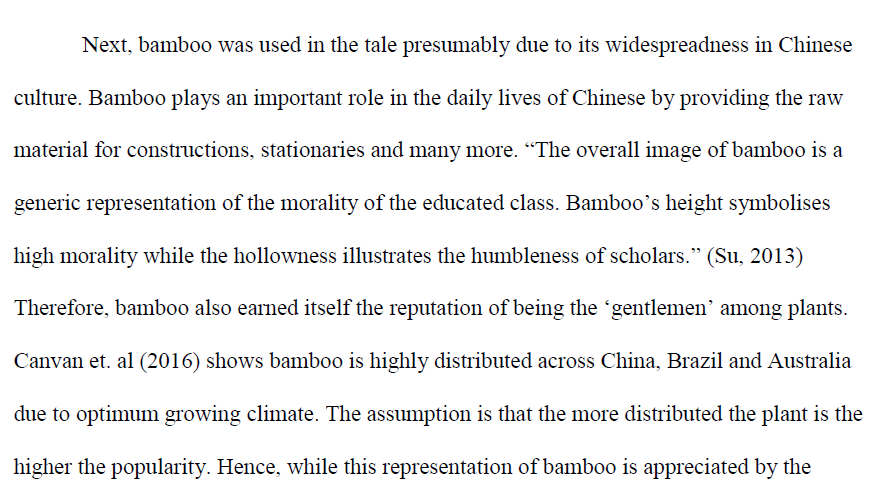
LT3322 Reading Bilingual Literature
2017-2018
Bilingual Literature: Compare and Contrast Eileen Chang's Love In the Fallen City from a Cross-cultural Perspective
| Student | Teacher |
|---|---|
|
YIP, Yee Man, Year 4, BAU3(ELST) |
Dr. SHEUNG, Shing Yue Richard |
This essay compares Eileen Chang's famous novelette Love In The Fallen City and its English translation in terms of the bilingual treatment of the cultural themes. Chang is the celebrated Chinese author known for her portrayal of the fate of women in patriarchal Chinese society. Love in a Fallen City is her most famous novelette which has enthralled generations of readers by its sarcastic take on marriage as a means for the woman to survive and achieve respect and respectability, and most of all, the actualisation of the self in traditional Chinese society under increasing Western influence.
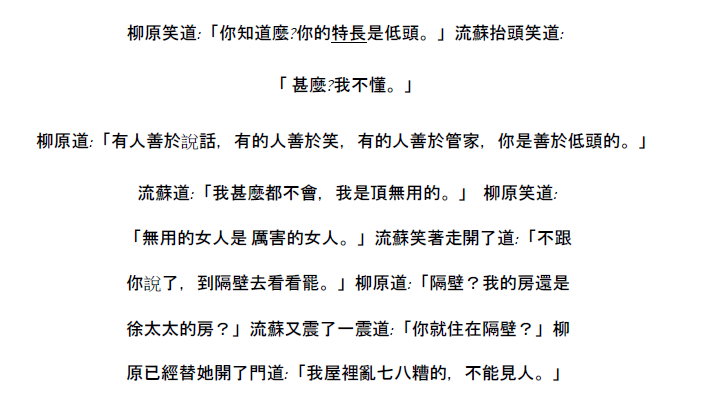
LT3322 Reading Bilingual Literature
2016-2017
A study of translation and the practice of bilingual writing with reference to two examples of public discourse in bilingual Hong Kong
| Student | Teacher |
|---|---|
|
CHUNG, Chi Ho, Year 2, BATI |
Dr. SHEUNG, Shing Yue Richard |
This is a study of the difference between the practice of bilingual writing and translation in the bilingual context of Hong Kong. A "bilingual" article by the Secretary for Transport and Housing, published in Chinese in the Hong Kong Economic Journal and in English in the South China Morning Post, is studied alongside a speech by the Chief Executive originally given in Chinese, which is also available in English translation. It is discovered in my study that the bilingual article has greater readability due to the observance of the natural writing style in the two languages, such as the strategies of nominalization and "verbalization", etc. These strategies are also applicable to the production of a more readable translation as may be required to meet market need.
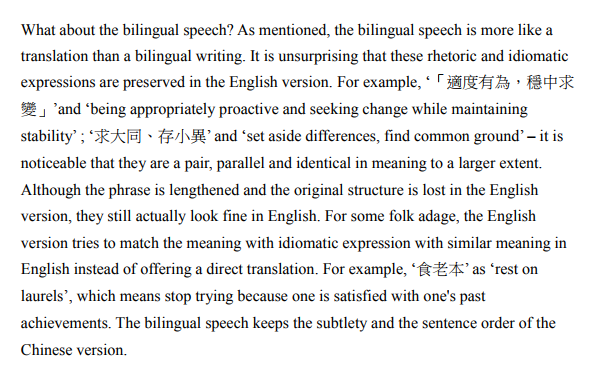
LT3354 Computer-Aided Translation
2016-2017
Translation quality and effort: Comparison between CAT and MT
| Student | Teacher |
|---|---|
|
WAN, Sheung Lam, Year 3, BATI |
Dr. LEE, Sie Yuen John |
This assignment reports an empirical study on the translation quality and effort required for two translation methods: using a computer-aided translation software, and a fully-automatic machine translation system followed by post-editing. The report compares these two methods on a Chinese-to-English translation task on the food domain.

LT4380 - Theory of Translation
2018-2019
Translating Harry Potter into Chinese
| Student | Teacher |
|---|---|
|
CHOW, Hiu Tung Amanda, Year 4, BATI |
Dr. GLYNN, Dominic |
The translated excerpt is the dialogue between Hagrid, Harry and Hermione. My translation approach is based on Eugene Nida’s equivalence. The aim is to let the translated text readers to understand and appreciate the translation as the original readers. Hagrid speaks in a vernacular style with a West Country accent. The accent is not always linked with bright characters; like Hagrid, as it is spoken commonly among pirates. The author’s intention is to reduce the prejudice against people from West Country. To replicate the same effect, “heyinci” in Henan dialect is used as Henan also face similar discrimination as West Country.
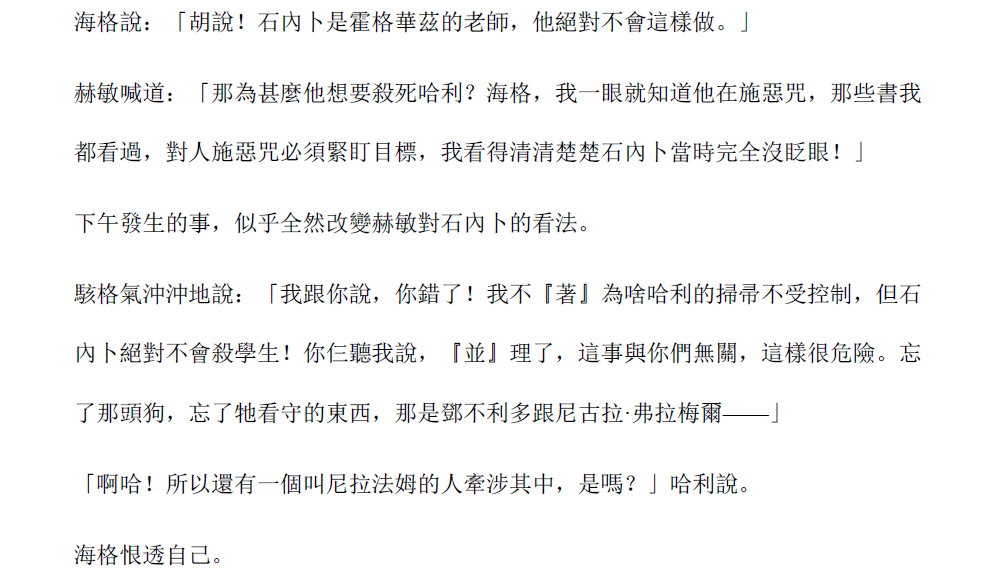
LT4380 Theory of Translation
2016-2017
Text Analysis and Equivalence in Translations of “The Tell-Tale Heart”
| Student | Teacher |
|---|---|
|
LEE, Yee Lam, Year 4, BATI |
Dr. TSAI, Cheng Yu Edwin |
“The Tell-Tale Heart” is a breathless, frightening monologue of the disintegration of consciousness and conscience due to obsession. In the form of unidirectional communication, Poe reveals the mental turmoil of narrator through clever arrangement in sentence structures, leading us to question the narrator. This paper aims at understanding the function of marked textual structure in Poe’s work. Comparison was made between two translated texts, 〈泄密的心〉and 〈露餡的心跳〉, by Xu Ruchun (徐汝椿) and Sun Fali (孫法理) to explore their respective approaches in dealing with the artistic organization of Poe.
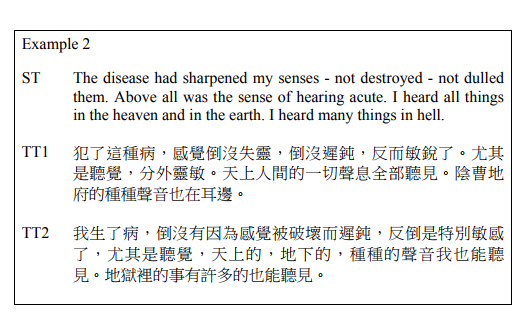
LT3322 Reading Bilingual Literature
2015-2016
A Comparative Study of Bilingual Writing and Translation with Reference to a Bilingual Article and a Bilingual Speech
| Student | Teacher |
|---|---|
|
CHENG, Hiu Ying Helle, Year 2, BATI |
Dr. SHEUNG, Shing Yue Richard |
Hong Kong is known for its bilingualism with government publications available both in English and Chinese to suit different preferences. This paper studies the stylistic differences between an article and a speech, both published bilingually, by two principal officials in the SAR government. The article has a fluent English and Chinese version, but features differences in presentation order, diction and emphasis; the speech is faithfully matched by its translation, which however does not read smoothly. The study concludes that, depending on purpose and audience, bilingual writing may be a more suitable approach than translation in the production of bilingual literature.
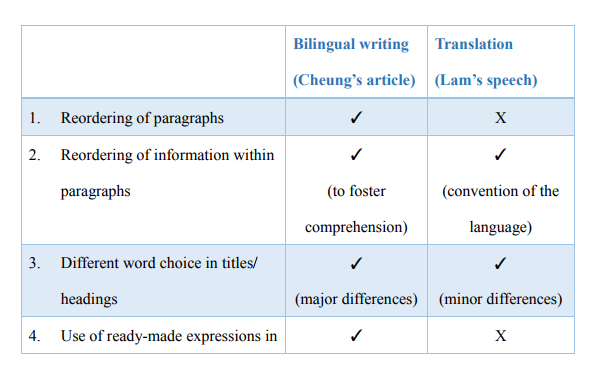
LT3379 Practical Translation
2015-2016
Beautiful Aninuan
安暖好風光 投入菲律賓世外桃源
| Student | Teacher |
|---|---|
|
CHAN, Ka Man Sandy, Year 3, BATI CHIU, Wun Ki Kaitlyn, Year 3, BATI HO, Yuen Man Mandy, Year 3, BATI WONG, Si Ying Sharon, Year 3, BATI |
Dr. CHAN, Ho Yan Clara |
This is the first translation project students are engaged in, which involves the finding of their own source texts, translating in their own style and producing an end product. This group of students has produced one of the most eye-catching texts (magazine article) with their creativity both in the art and design as well as translation techniques.
LT4235 Project
2015-2016
An Eye Tracking Study of Cognitive Effort Allocation Across Translation Subtasks
| Student | Teacher |
|---|---|
|
WU, Ting Wei Tiffany, BATI, Year 4, BATI |
Dr. KIT, Chunyu |
The project aims to identify distribution patterns of translators’ cognitive effort to different subtasks of translation during the entire translation process. With the aid of a video-based, eye tracking system, the empirical investigation in this project attempts three major analyses: (1) analysis of generalized patterns of attentional distribution to compare the levels of cognitive effort required in respective subtasks; (2) analysis of the fixation duration and pupil size to investigate the cognitive workload among different subtasks and also the relationship between key events and fixation durations; (3) analysis of translators’ working styles with respect to cross interest area saccades and duration of follow-up fixations. The analyses are presented together with discussions and references to previous models, and possible avenues to future research are also sketched.
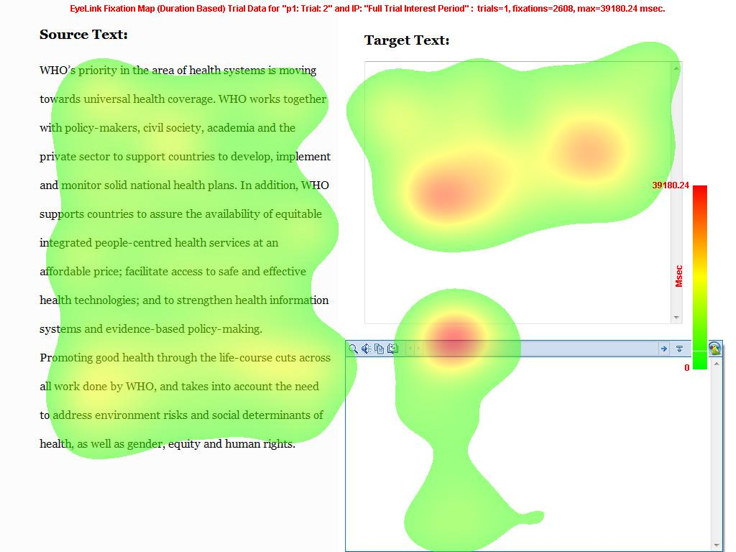
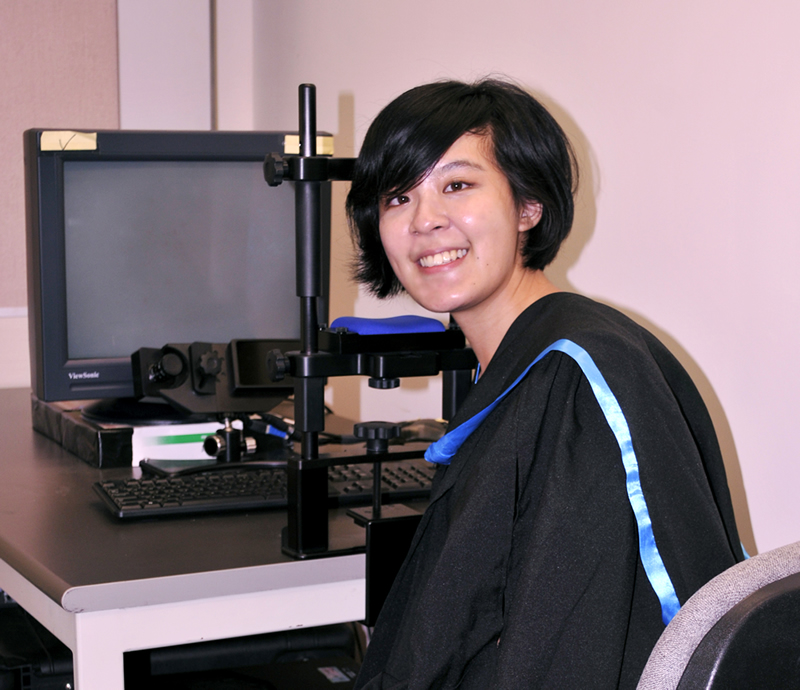
Youtube video
Slides
Full report
LT3355 Audiovisual Translation
2014-2015
Les Mousserables (Les Misérables Parody)
| Student | Teacher |
|---|---|
|
MAK, Ying Fung Edith, Year 3, BATI LAW, Cheuk Yan Vanessa, Year 3, BATI WONG, Kai Lok Colman, Year 3, BATI |
Mr AU, Kim Lung Kenneth |
Translating a humorous kid show targeting primary students and teenagers is indeed a quite challenging task, as the translator has to cater to their educational and language level, at the same time avoids complicated translation. On the other hand, the genre-specific constraints of audiovisual translation (AVT), namely, temporal and spatial constraints, add further difficulty for the translator. This project is an attempt to reproduce the humour of the video of a puppet show “Sesame Street: Les Mousserables (Les Mis Parody)”, which is clearly a parody of the famous musical “Les Misérables.” The students discovered the strategies to translate the lyrics and the word plays on the one hand, and the culture-specific items (CSIs) in the puppet show on the other. Following the general six-second rule of AVT, the Chinese subtitled video is successful in reproducing the humorous effects through the translation of the word play and the funny parody of “Les Misérables.” Intertextuality is a key feature in the project as the translator should remind the audience of the parody effect of the lyrics and the CSIs.
Disclaimer
To make use of any material hosted at this page, you must give appropriate credit, provide a link to the source of origin, and indicate if changes were made. You may do so in any reasonable manner, but not in any way that suggests the copyright owners endorses you or your use.
You may not use the material for commercial purposes.

